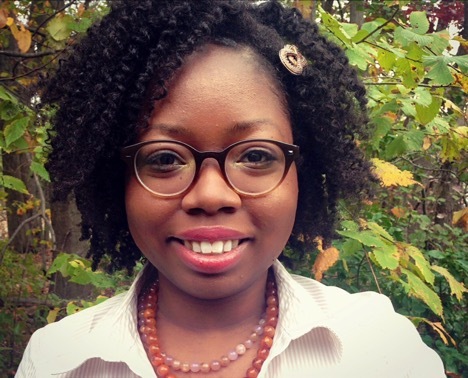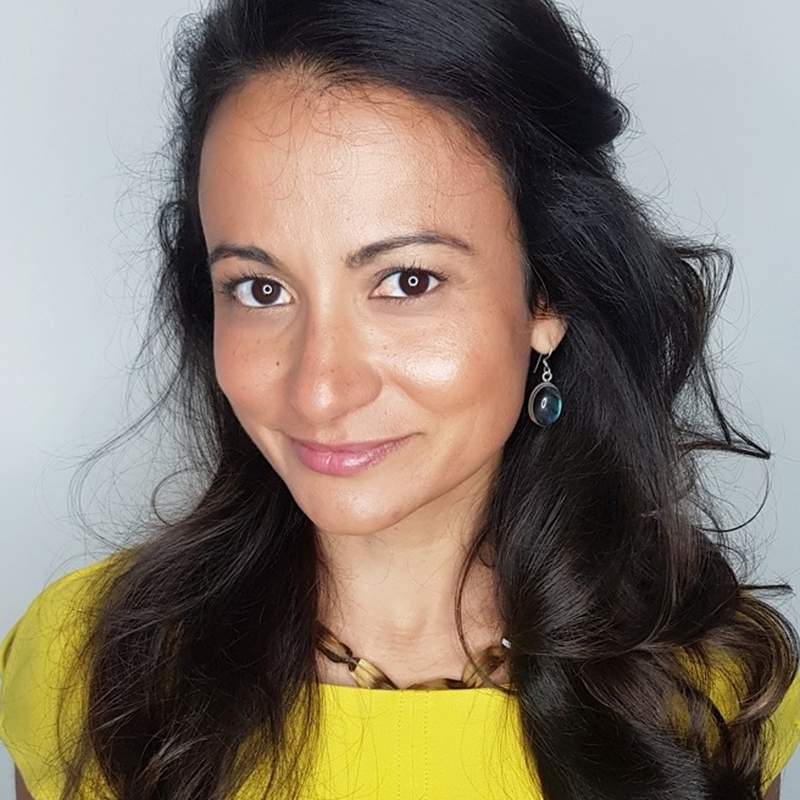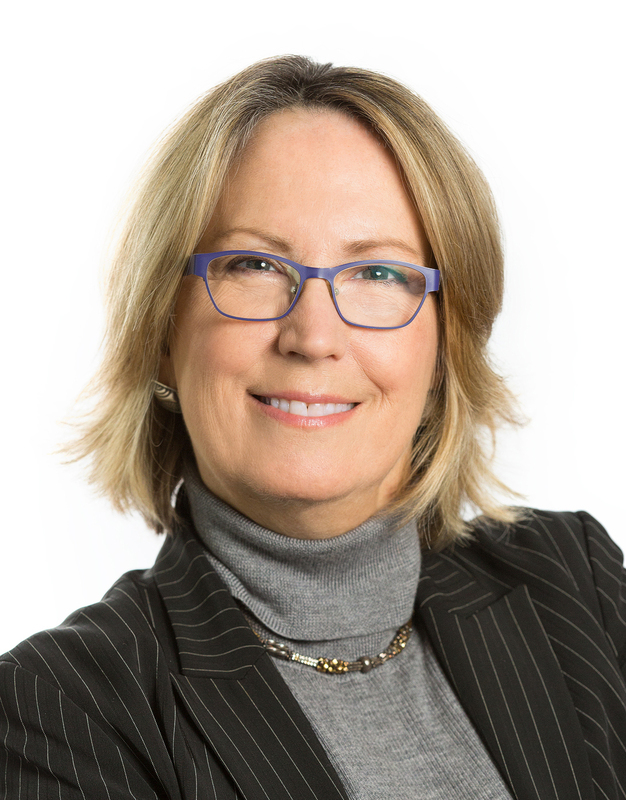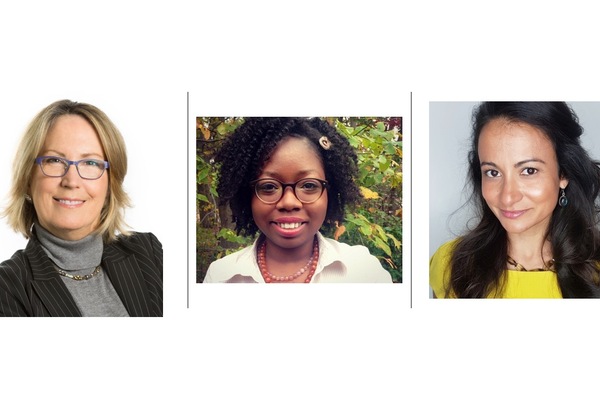So much science journalism is about the lives of scientists, but what about the lives of everyday citizens, who are affected by issues such as climate change or controversial medical research? In this special event hosted from the United States, communicators and editors described innovative new ways of finding and telling grassroots science stories, especially among people who are traditionally underserved by mainstream journalism. Could civic science storytelling be a new frontier for science journalists? Chaired by ABSW board member Angela Saini.
Featuring talks from:

Martina G. Efeyini is a Civic Science Fellow at Science News, focusing on how to better engage with young people through science journalism, particularly those historically underrepresented in science. As a scientist, science communicator, and STEM education advocate she is passionate about supporting the next generation of scientists, increasing STEM diversity and science accessibility. Martina has a bachelor’s degree from The Pennsylvania State University and a master’s degree from St. John’s University. Previously, she worked for the UMB CURE Scholars Program where she served in various roles. As a science writer she occasionally writes for the American Society for Biochemistry and Molecular Biology as a career columnist and has written for various professional scientific societies, including the Scientista Foundation, the National Society of Black Engineers, the Society for Women Engineers, and for Mademoiselle Scientist, her STEM digital platform.

Dedicated to connecting communities to their changing environment to develop solutions together, Julia Kumari Drapkin is the CEO of ISeeChange. ISeeChange is a climate tech and data platform where local leaders, engineers, utilities, and the public build solutions together. Drapkin founded ISeeChange after reporting natural disasters and climate change for 12 years across the globe and in her own backyard on the Gulf Coast. Under her leadership, ISeeChange has received national awards and recognition from the Obama White House Climate Data Initiative, NASA, MIT Solve, Echoing Green, Grist, AGU, the AAAS, and Verizon’s Climate Tech and Justice Program. Prior to journalism, Julia did anthropology research for 7 years in Central America.

Nancy Shute, Editor in Chief of Science News Media Group, leads a newsroom serving global audiences through our flagship Science News print magazine, as well as our Science News and Science News for Students websites, which drew a combined 34 million unique visitors in 2021. We also reach students and teachers at more than 5,000 high schools through our Science News in High Schools program. Science News is an independent, nonprofit news organization that was founded in 1921 to provide accurate, engaging coverage of science and technology for the public.
Shute previously served as an editor and on-air correspondent for National Public Radio and assistant managing editor for science and technology at US News & World Report. She is a past president of the National Association of Science Writers and a frequent speaker on science communication.
Shute holds an AB from Washington University in St. Louis and an MSL from Yale Law School. As a Fulbright Scholar in Kamchatka, Russia, she founded the region’s first bilingual independent newspaper. She is a past president of the National Association of Science Writers.
If you’re interested in this event, please also consider applying for the new Fulbright Civic Science Storytelling Award, which supports an early-career UK journalist to establish a home for the practice and teaching of civic science storytelling at the University of Oregon in the United States for one year. The deadline is April 18th and details are available here.
Watch the replay of this event below!




